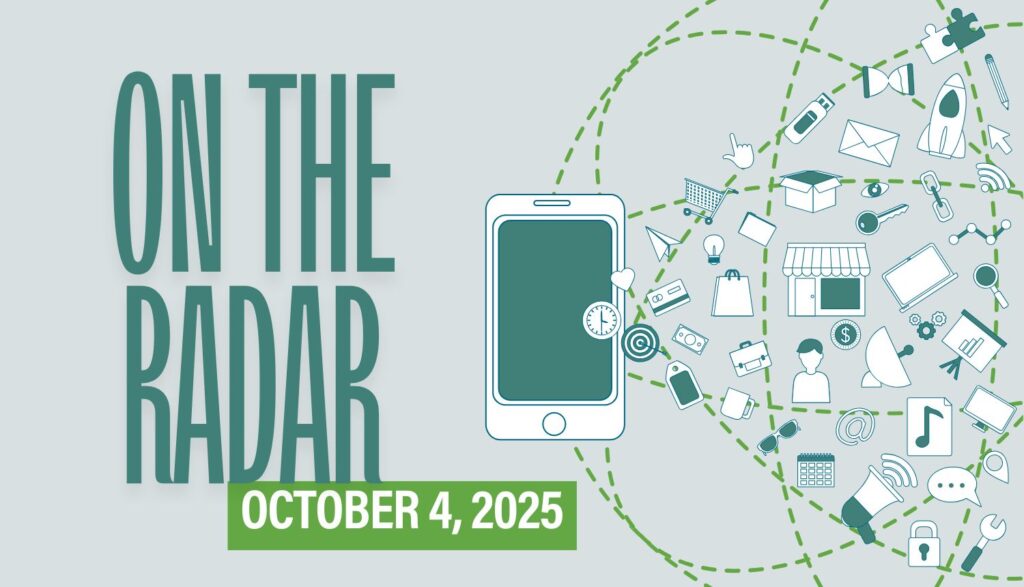Why Are Teens ‘Locking In’?
What? To be “locked in” simply means “to be hyper-focused on a task while avoiding any distractions.” The term has been popularized on TikTok and has been linked to athletes such as Michael Jordan and LeBron James, as well as other successful influencers.
So What? Emily Austen, author of Smarter: 10 Lessons for a More Productive and Less-Stressed Life, tells Men’s Health: “Locking in represents a cultural shift among adolescents who are actively rejecting distractions such as partying or alcohol to go all in on their ambitions. Think: study marathons, coding bootcamps or intense gym routines framed not as lifestyle choices but as identity-defining mission.”
Now What? It all comes down to how your teen is “locking in.” Focusing for a few hours to study or “locking in” on a longer-term goal to get good grades is just fine. However, pay extra attention to your child’s wellbeing during “locked in” sessions, ensuring that they don’t start to neglect their health or important relationships. You should also talk to them about locking their identity into a goal, since the achievement (or failure) of that goal could leave them feeling purposeless and unmoored.
What Are Sora 2 and Vibes? And Why Should Parents Care?
What? OpenAI, the parent company of ChatGPT, launched Sora 2 this week, a new social media app featuring nothing but AI-generated videos. This follows the release of Vibes by Meta, another social media feature with almost the same premise.
So What? The purpose of these platforms is to allow users to create short-form, AI-generated videos—and to see what other users have created as well. And while these companies promise that guardrails are in place to prevent bad actors from misusing them, NPR found it relatively easy to bypass those guardrails when experimenting.
Now What? Obviously, we’re dealing with yet another time-sucking social media feature that our kids could love a little too much. So you’ll want to pay attention to the amount of time your children spend on these respective apps. But you could also use this opportunity to talk to them about AI-generated videos—how to identify deepfakes and how to create their own videos responsibly.
How to Identify False Nutrition Advice on Social Media
What? A review of 64 studies looking at nutritional advice posted on social media found that half those videos contained “low accuracy” nutrition information.
So What? “Untrustworthy advice can cause real harm,” warns National Geographic. Trending diets, such as keto, detox fasts, the lectin-free diet and carnivore diet cut out entire food groups—and the nutrients those food groups provide.
Now What? Many of these fad diets contain a kernel of truth. For instance, advocates of the carnivore diet claim that if you eat exclusively animal-based food, you’ll experience lower blood sugar, weight loss and less brain fog. But it’s not because you’re eating meat, it’s because you’re not eating refined grains and added sugars. So before your teenager hops on whatever diet is trending this week, teach them to understand the value of a balanced diet, helping them to identify what nutrients they need to live a healthy lifestyle.





Recent Comments